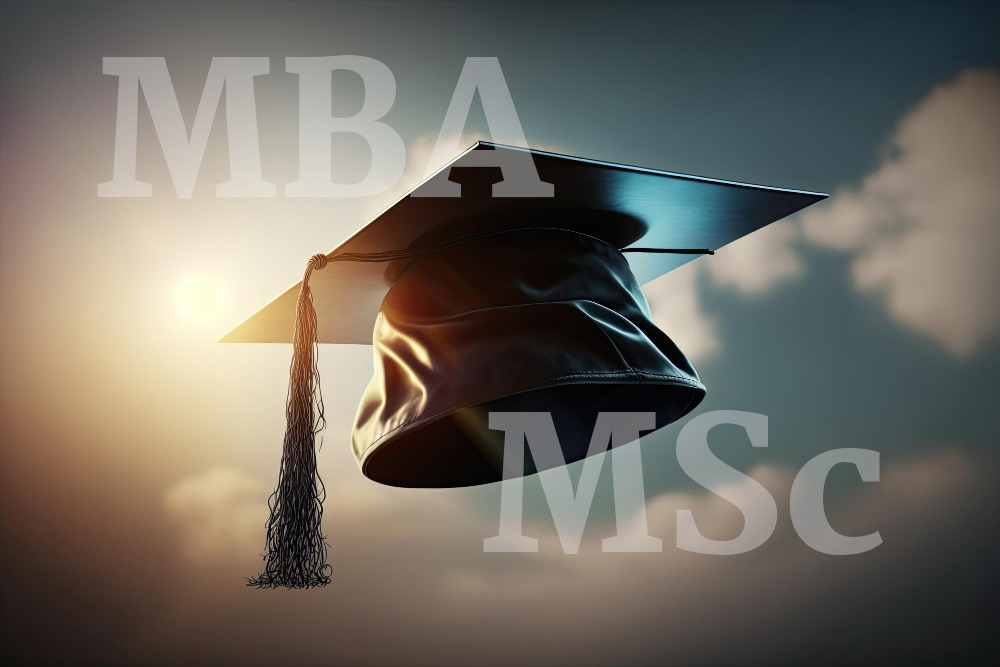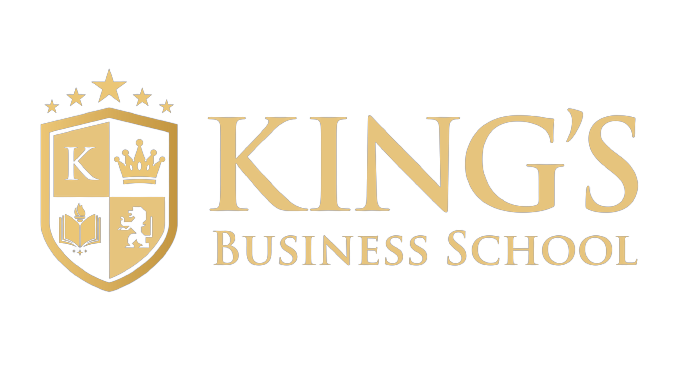Which is the preferable option: an MBA or an MSc? Is this a decision you often find yourself pondering? At King’s Business School, we have experienced that our potential learners are usually in a dilemma between choosing an MBA and an MSc. While having a dilemma to make the right decision for your career is normal for graduate students, understanding and choosing the right path for your career is crucial too.
Hence, we will break down the differences between an MBA and an MSc to help you determine which program would be perfect for you to excel in your professional and personal development.
So, what is an MBA?
A Master’s in Business Administration—short for MBA—is a postgraduate degree that offers an overall understanding of business management and focuses on developing leadership skills.
An MBA covers the core elements required to manage a business, including Human Resources, Finance, Marketing, Operations Management, and Strategic Management. While an MBA provides a generic approach to business management, specialised subject-based MBA programs are also available. At King’s Business School, we offer Swiss, French and UK MBAs.
Now, what is an MSc?
A Master in Science—short for MSc—is also a postgraduate master’s degree. However, instead of providing a general pathway to business management, it focuses on specialised subject-based programs. For example, King’s Business School offers four MSc programs: MSc Healthcare Management (Top-up), MSc Accounting and Finance (Top-up), MSc Project Management (Top-up), and MSc Human Resource Management (Top-up).
So, Which pathway is the right path for your career?
We’ll focus on these four aspects to understand whether an MBA or an MSc is the right fit for your career: Work Experience, Depth & Breadth, Career Prospects, and Academic Requirements.
Work Experience:
To pursue an MBA or an MSc at King’s Business School, candidates seeking admission to the MBA program should hold either a bachelor’s degree or any equivalent degree or a recognized professional qualification.
Candidates with no bachelor’s degree can use work experience as an alternative entry criterion.
Depth & Breadth:
An MBA program offers a holistic experience of the overall curriculum. On the other hand, in an MSc program, the modules delve into in-depth information about the specialised subject.
Career Prospects:
Students aspiring for roles such as general manager, managing director, or CEO should consider pursuing an MBA. Conversely, students aiming to work in specific functional areas of a business should opt for an MSc.
Academic Requirements:
The academic requirements for both programs usually include a bachelor’s degree but at some universities, prior work experience to pursue an MBA or an MSc is necessary.
Another aspect to consider when pursuing a Master’s degree is the institute’s offerings. One of the most critical considerations for students should be the presence of a valuable and experienced student support team. Such a team can help students manage their time and enhance their leadership experience. Additionally, the quality of the teaching faculty is essential. For example, at King’s Business School, our teaching community and supportive management staff strive to provide one of the best student experiences.
To learn more about the Master’s Programs at King’s Business School, click here.





